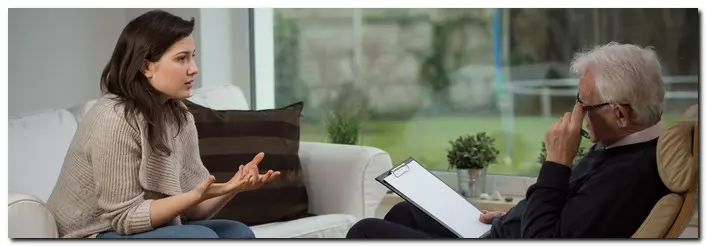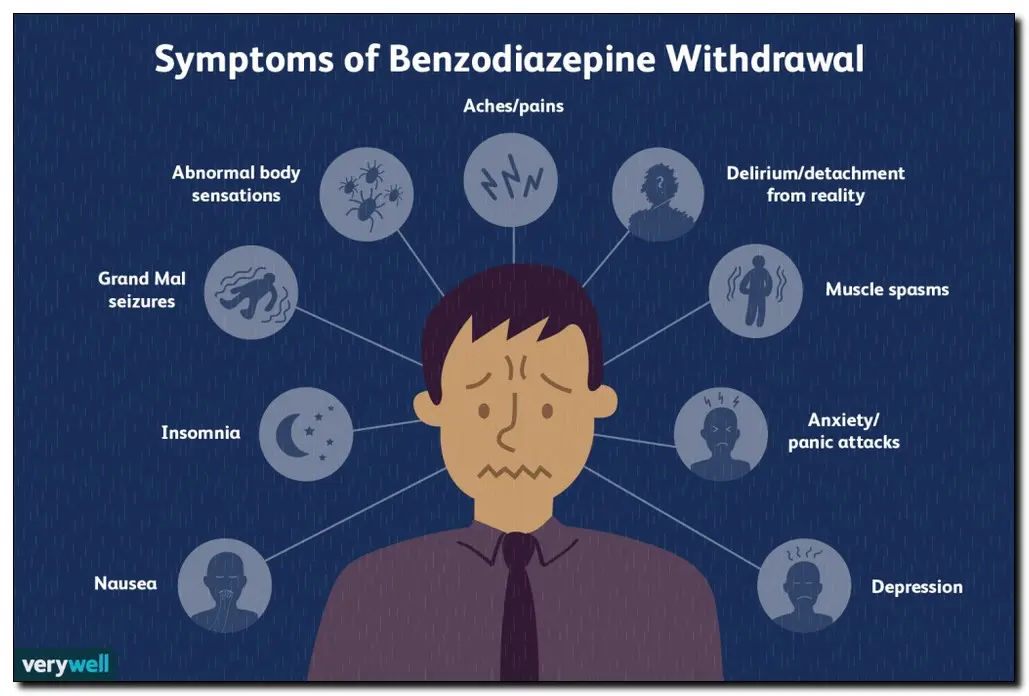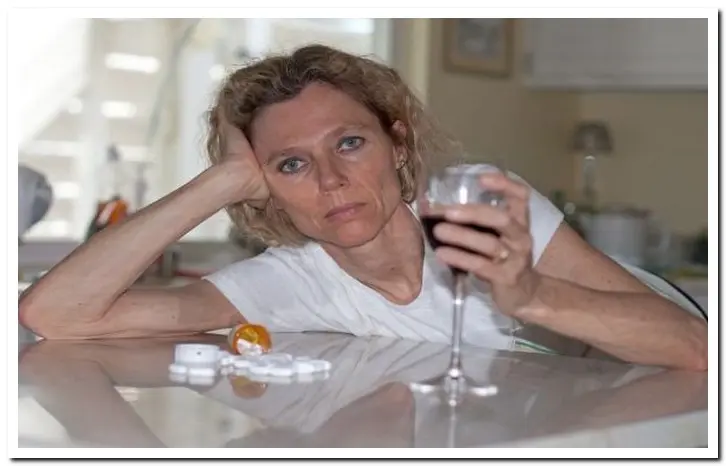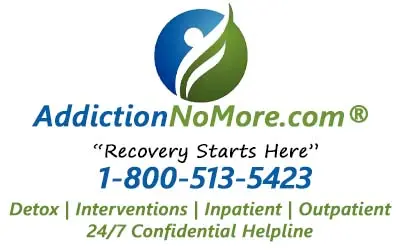Benzo Addiction Treatment Centers
Benzodiazepines are one of the easiest drugs to become addicted to and one of the most dangerous drugs to
detox from. If you are also taking an opioid-based medication, make sure that your prescribing doctor is aware and explains the risks involved with adding benzo to your prescription regimen. Benzodiazepine-
opioid interactions are very dangerous and can become life-threatening. Treatment for benzodiazepine addiction can become a necessity when someone finds that they are experiencing physical dependency. This can result in having to take more of the same medication for the same desired effect. This will then result in the individual starting to run out of their medications before the prescription renewal date is up. When you realize that the medications may be causing a problem, this is the best time to seek help before the dependency gets worse.
Once physical dependence has taken hold, there can be possible life-endangering withdrawal symptoms that could follow. When someone abuses their medications, the chances of developing an addiction go up exponentially. The ability to stop using and abusing these medications will become increasingly more challenging to do on your own, elevating the need for
medical detox. When someone starts using their benzodiazepines for the desired effect and not as directed, addiction has already started to take hold.
Please contact us by phone for immediate assistance. This is a necessary step in beginning the recovery process for yourself or for a loved one. Our addiction treatment specialists and staff have over 25 years of experience in helping people find effective and affordable treatment for all addictions. What you tell us is completely confidential. We are HIPAA compliant. We are here to answer your questions and to get you (or a loved one) into treatment today. For immediate intake, call us now.

Is a medical detox needed for benzodiazepine addiction?
Benzo withdrawal can be very difficult and sometimes even life-threatening if not done at a medical detox center. Be prepared for at least 10 days and up to 21 days “for serious cases” at an inpatient medical detox unit. Some drug rehab centers offer in-house detoxification from benzodiazepines in conjunction with a treatment program once the patient is stable enough to enter into the counseling phase of treatment. When entering into a drug rehab center for a benzo addiction, the first step is always a stay in medical detox to make sure the patient is stable enough to start the treatment program for addiction. After the patient is detoxed from the benzodiazepine, they have the choice of ongoing treatment in an outpatient treatment facility or entering into an inpatient drug rehabilitation program.

Inpatient vs Outpatient Treatment
Once you have completed a detox program for benzodiazepine addiction, the next step is to decide if you should enter an inpatient drug rehab center or go to an outpatient therapy program. There is no correct answer here, and this decision is solely based on the patient’s history, triggers, support system, responsibilities, and motivations. All of these variables can come into play once the decision is made to stop abusing any substance. With that being said, there are specific pros and cons to both types of treatment, depending on your unique circumstances.
Inpatient treatment centers for benzo addiction are best for those with moderate to heavy addiction. Treatment at a residential treatment facility can offer 24-hour supervision, ongoing medical care, and intensive treatment plans. Inpatient treatment for addiction to benzodiazepines can last anywhere from 21 days up to 90+ days, depending on the specific rehab program the individual entering into treatment chooses. For severe cases, longer than 90 days may be needed to ensure a full recovery from a benzo dependency. Once treatment is complete, aftercare treatment may be recommended to help to transition back into normal life activities and stressors.
Outpatient drug rehabs are often used for primary care for those who have the drive and will to stop using the substance without entering a residential drug rehab center. Outpatient therapy programs do work better for those with mild to moderate addictions who can change their habits without needing a change in environment.
Partial hospitalization treatment centers offer some freedom with supervision while going through intensive outpatient therapy. These hybrid programs are for people who need to change their environment but do not want to enter into a program that houses 50 people or more. These IOP treatment programs give the patient the ability to shop for their food, cook meals, and live a relatively normal life while undergoing addiction treatment.
To find out more about the differences in treatment or which treatment option would best serve you, give us a call and we can discuss all treatment options available in your area. Getting help for addiction to benzos does not have to be uncomfortable. Working with an addiction specialist can help you learn the differences between detox protocols and treatment programs in your area. Navigating the drug rehab world can be confusing and when making an investment in your future you need to be as informed as possible. It is sometimes beneficial for the client to go to treatment further away from home. Getting away from temptations and friends who may still be using is often better for many people. Clients who go to rehab in another state also have a harder time leaving treatment early as well. Depending on the situation, our counselors may suggest looking for substance abuse programs that are a plane flight away. Treatment programs that are specifically designed to handle the complexity of a benzodiazepine addiction are the best possible solution for anyone looking to overcome their addiction.

Symptoms of Benzodiazepine Withdrawal include aches and pains, delirium, muscle spasms, anxiety, depression, nausea, insomnia, grand mal seizures, abnormal body sensations
How to tell if your loved one is abusing their Anxiety medications
Benzodiazepines are used to treat a variety of conditions and are a class of drugs specifically designed to depress the central nervous system. These drugs are commonly prescribed for some of the following conditions; alcohol withdrawal, sleep disorders, insomnia, anxiety, panic disorder, seizures, skeletal muscle spasms, and general anesthesia. The most apparent sign could be that your loved one has been using all of their medications before the prescription has run out every month. For more severe abusers of benzodiazepines, there may be more than one prescription from different prescribing doctors issued for the same month. If your loved one has been taken to the emergency room for a medication-related emergency more than once for the same medication they may have a problem.
Below we have listed some of the short-term effects that can be monitored so you can have a good idea of what to look for when you are worried about a loved one abusing their medications.
Short-term side effects of benzodiazepines
- Drowsiness and fatigue
- Vertigo
- Confusion
- Slurred speech
- Decreased respiratory function
- Shaking
- Irregular bowel function
- Nausea and or vomiting
- Decreased cognitive ability
What should you do if you think someone is abusing benzos?
If you have been concerned that someone that you know is on benzos you might be wondering what to do next. This can be very difficult if the person you are concerned about denies use or a substance abuse problem. If you still have concerns we recommend that you talk to someone else that is close to the individual to see if they share your concern. Once your concern is validated it is time to make a plan that may involve an intervention. You can have an intervention specialist team come to help you.
Hiring an intervention specialist increases the chances of a successful intervention, and can help with maintaining a safe and loving environment from a third-party perspective. Interventionists can also help with transportation to the facility of choice to ensure that the process is completed in its entirety. Our trained interventionists come to you to help you properly handle this complex emotional undertaking from a third-party informed perspective.
Read more on how interventions work
HERE Why is mixing benzodiazepines and alcohol so dangerous?
Mixing alcohol with benzodiazepines can be a dangerous and deadly combination. When a person combines alcohol and benzodiazepines, they are putting additional stress on their nervous and immune systems, and over some time, this can lead to organ failure and even death. Drinking alcohol while taking prescription benzos will increase your chances of becoming dependent on both substances. Over time, this will cause the individual to use more or both substances to achieve the same desired effect. Polysubstance abuse takes more than just willpower to overcome and can have serious life-threatening complications if tried without medical supervision. A safe detox can only be accomplished by a team of medical professionals who have been trained in treating polysubstance abuse disorders.
Addiction No More ® has been helping people overcome benzo addiction and polysubstance abuse since 2002. We will guide you to the first step in a long-lasting recovery. Give us a call, toll-free, 24 hours a day to find out which Benzo addiction treatment center is closest to you. Full recovery from benzodiazepine addiction can be achieved with the help of a certified therapy treatment program and medical detox. Give us a call toll-free and we can give you the options for detox and treatment in your area.
Summary
Service Type
Treatment Centers for Benzo Addiction
Area
Rehab Centers and Detox for Addiction to Benzos
DescriptionCall our free 24 Hour Helpline For Benzo Detox Admissions Now. Most Private Insurance Accepted. Individualized Treatment with Accredited Staff. High Success Rates. Medically Assisted Detox. Individualized Programs Small Groups Personal Chef Private Rooms. Medical Detox & Treatment Centers with Detox. 24 Hour Care. Prescription Detox. Comfortable Bedrooms.









